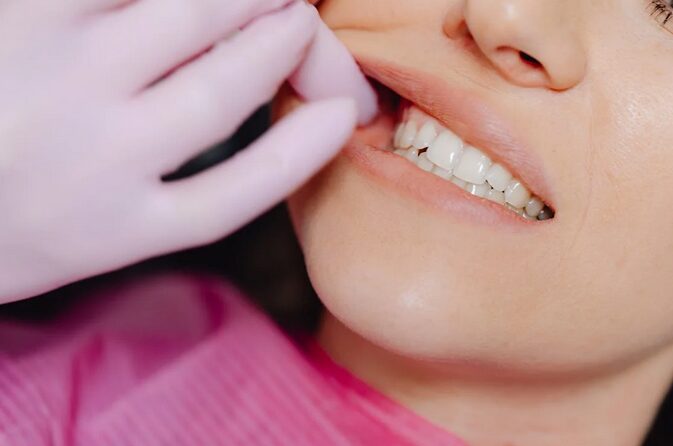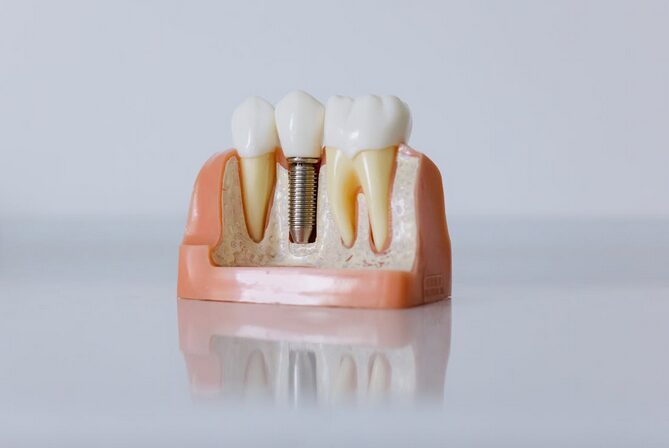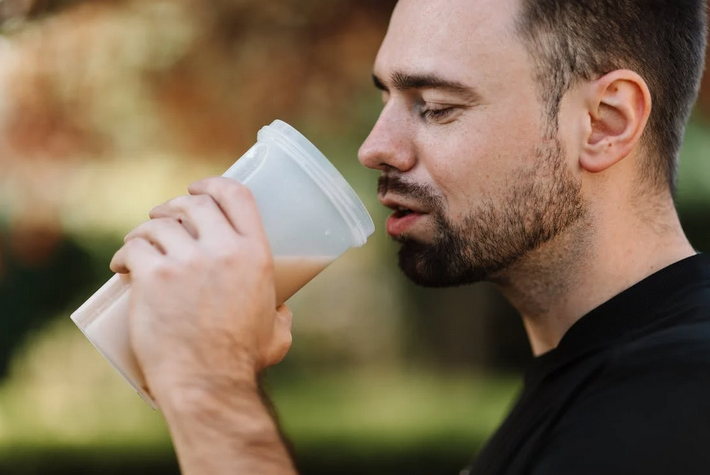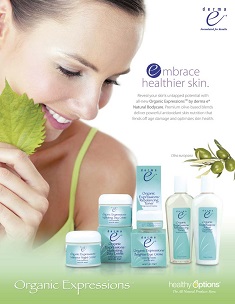The Vital Role of Dental Hygienists in Preventive Healthcare

When you think of a visit to the dentist, what comes to mind? Probably those intimidating dental chairs and bright lights. But lurking behind the scenes is a vital player in your oral health journey: the dental hygienist. Often overshadowed by dentists, these dedicated professionals are essential in maintaining not just our smiles but our overall well-being. They’re more than just friendly faces. They are champion of preventive healthcare and helps us understand that taking care of our teeth goes far beyond routine cleanings. Let’s delve into the important role they play in keeping us healthy from the inside out.
The Role of Dental Hygienists in Preventive Healthcare
Dental Hygienist Islington plays a pivotal role in preventive healthcare, acting as the frontline defenders of oral health. Their expertise goes beyond cleanings; they are trained to identify potential issues before they escalate into serious problems. During routine visits, dental hygienists conduct thorough examinations and use advanced tools to remove plaque and tartar buildup. This proactive approach helps prevent cavities and gum disease, which can lead to more severe health complications if left untreated. Moreover, they serve as educators for patients. By offering personalized advice on proper brushing techniques and dietary choices, hygienists empower individuals to take control of their oral hygiene.
Importance of Regular Dental Cleanings and Check-up

Regular dental cleanings and check-ups are essential for maintaining oral health. They help prevent plaque buildup, which can lead to cavities and gum disease. During these visits, dental hygienists remove tartar that regular brushing can’t eliminate. This process keeps teeth shiny and healthy. It also allows dentists to catch any potential issues early on. Routine check-ups enable professionals to monitor changes in your oral health over time. These appointments often include screenings for oral cancer, ensuring that any concerns are addressed promptly.
How Dental Hygienists Educate Patients on Oral Hygiene
Dental hygienists play a crucial role in patient education regarding oral hygiene. They are often the first point of contact during dental visits, allowing them to establish rapport and trust with patients. During appointments, hygienists provide personalized advice tailored to individual needs. They explain proper brushing techniques and demonstrate effective flossing methods. This hands-on approach helps patients understand how to maintain their oral health daily. Moreover, they discuss the importance of using fluoride toothpaste and mouthwash. By highlighting these products’ benefits, they empower patients to make informed choices about their oral care routines.
The Impact of Poor Oral Health on Overall Health

Poor oral health can have far-reaching consequences beyond just the mouth. It is intricately linked to several systemic diseases, including heart disease and diabetes. Bacteria from gum infections may enter the bloodstream, leading to inflammation in other parts of the body. Additionally, individuals with compromised oral health often face challenges like chronic pain or difficulty eating. This can result in nutritional deficiencies and further exacerbate existing health conditions. Mental well-being is also affected; persistent dental issues can lead to anxiety and depression due to concerns about appearance and social interactions.
Collaboration With Dentists and Other Healthcare Professionals
Dental hygienists play a pivotal role in the collaborative approach to healthcare. They work closely with dentists, ensuring that each patient’s treatment plan is comprehensive and tailored to individual needs. This teamwork enhances patient outcomes and fosters a seamless experience. Beyond the dental chair, hygienists often interact with other medical professionals. They share insights about how oral health can influence conditions such as diabetes or heart disease. This holistic view elevates preventive care.
Dental hygienists play a crucial role in the landscape of preventive healthcare. Their expertise not only enhances oral health but also impacts overall well-being. By performing regular cleanings and check-ups, they help identify potential issues before they escalate into serious problems. Moreover, their educational efforts empower patients to take charge of their own oral hygiene practices.…







 It’s no secret that exercise is good for your health. But you may not know that different types of exercise can offer other benefits. That’s where golf comes in. Golf is a unique form of exercise that can provide several benefits to your body, both physically and mentally. Here are just a few examples:
It’s no secret that exercise is good for your health. But you may not know that different types of exercise can offer other benefits. That’s where golf comes in. Golf is a unique form of exercise that can provide several benefits to your body, both physically and mentally. Here are just a few examples: Who doesn’t want to live a long and happy life? According to studies, playing golf can help you do just that. One study found that people who played golf regularly were 40% less likely to die prematurely than those who didn’t play at all. And another study showed that golfers had a lower risk of death from heart disease, stroke, and other causes than non-golfers. But it’s not just about living longer. Golf can also help you live better. That’s because playing golf is a great way to get some exercise. And we all know that being physically active is good for our health.
Who doesn’t want to live a long and happy life? According to studies, playing golf can help you do just that. One study found that people who played golf regularly were 40% less likely to die prematurely than those who didn’t play at all. And another study showed that golfers had a lower risk of death from heart disease, stroke, and other causes than non-golfers. But it’s not just about living longer. Golf can also help you live better. That’s because playing golf is a great way to get some exercise. And we all know that being physically active is good for our health.
 One of the primary benefits of creatine is that it helps increase the production of ATP in the body. ATP is responsible for providing energy to the muscles, and by taking creatine supplements, you can help increase the amount of ATP produced. This can lead to improved muscle strength and endurance. Additionally, research has shown that those who take creatine supplements can experience an increase in lean body mass. Creatine has also been shown to improve cognitive function and memory. One study showed that those taking creatine supplements for six weeks improved working memory and intelligence scores.
One of the primary benefits of creatine is that it helps increase the production of ATP in the body. ATP is responsible for providing energy to the muscles, and by taking creatine supplements, you can help increase the amount of ATP produced. This can lead to improved muscle strength and endurance. Additionally, research has shown that those who take creatine supplements can experience an increase in lean body mass. Creatine has also been shown to improve cognitive function and memory. One study showed that those taking creatine supplements for six weeks improved working memory and intelligence scores. Creatine is one of the most popular and well-researched supplements on the market. It has been shown to improve high-intensity exercise performance, such as sprinting and weightlifting. Creatine is thought to work by increasing the availability of ATP (adenosine triphosphate) in muscle cells. ATP is the main source of energy for muscle contraction. By increasing the availability of ATP, creatine can help you exercise for longer periods and improve your overall performance. Creatine has also been shown to increase muscle mass and strength.
Creatine is one of the most popular and well-researched supplements on the market. It has been shown to improve high-intensity exercise performance, such as sprinting and weightlifting. Creatine is thought to work by increasing the availability of ATP (adenosine triphosphate) in muscle cells. ATP is the main source of energy for muscle contraction. By increasing the availability of ATP, creatine can help you exercise for longer periods and improve your overall performance. Creatine has also been shown to increase muscle mass and strength.
